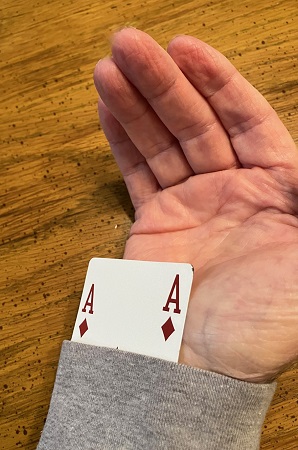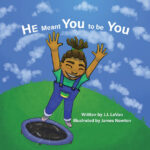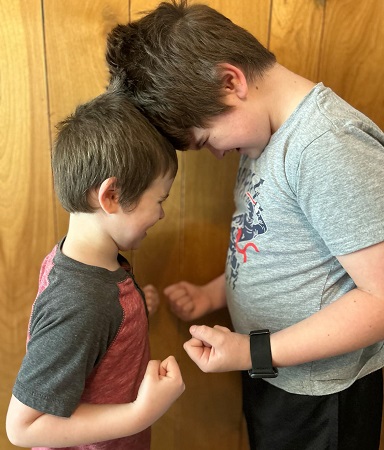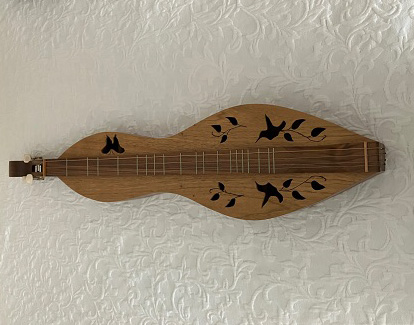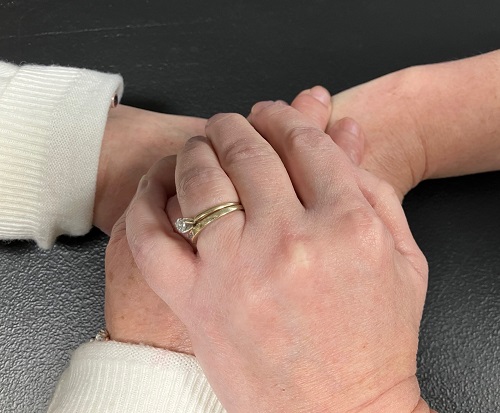Talk the Bark Off a Tree
 I have friends who can talk the bark off a tree. They know how to discuss anything with anyone. A former co-worker could also recall details I never noticed. She made a great storyteller in both fact and fiction.
I have friends who can talk the bark off a tree. They know how to discuss anything with anyone. A former co-worker could also recall details I never noticed. She made a great storyteller in both fact and fiction.
To talk the bark off a tree means to talk constantly.
I occasionally check to see how long before my friends take a break. They do allow time to:
- Breathe
- Eat
- Swallow
Most enjoy laughter as much as words.
To talk the bark off a tree requires energy.
I tried stripping bark from a tree a few times. Not an easy task! Therefore, I decided to let someone else do it.
Likewise, I would be totally tuckered out if I had to talk nonstop.
My verbal friends are not as tight as bark on a tree with conversation.
They offer their words freely, particularly if they want to:
- Share exciting news.
- Recall an enjoyable experience.
- Encourage others.
I give thanks for all my friends, wordy and quiet. Both make life more interesting and the world a better place.
May all I say and avoid saying honor God and uplift the people around me.
May the same be true for all I write and avoid writing.
Will you join me in that prayer?
“Do not let any unwholesome talk come out of your mouths, but only what is helpful for building others up according to their needs, that it may benefit those who listen” (Ephesians 4:29 NIV).
Thanks to Carol Edwards for the suggestion.
Do you have an expression you want explained or a thought about this one? If so, please comment below.
Subscribe to receive my weekly posts by email and receive a free copy of “Words of Hope for Days that Hurt.”
If you enjoyed this post, please share it with your friends.
